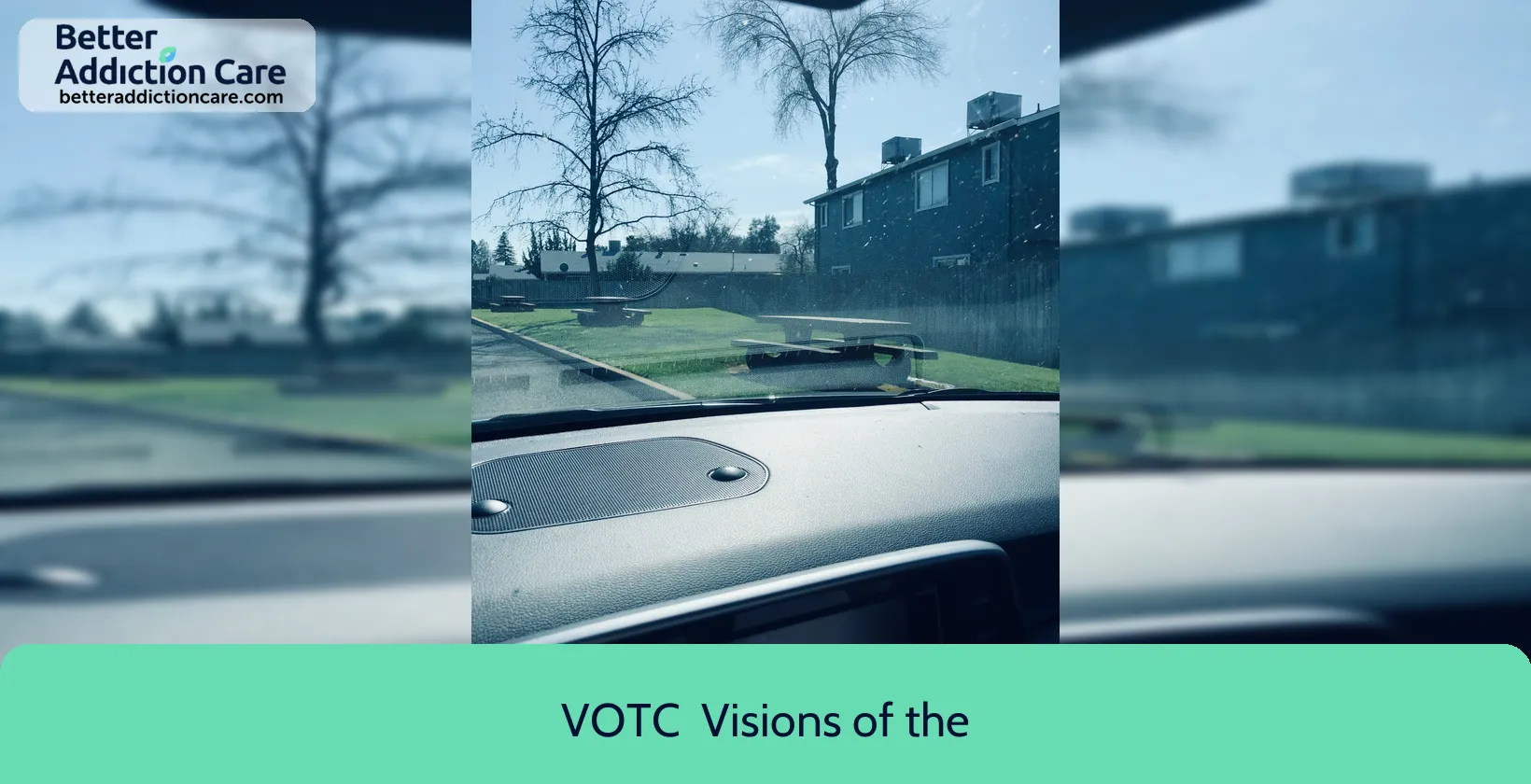VOTC - Visions of the Cross Outpatient
Overview
VOTC - Visions of the Cross Outpatient is a substance abuse treatment center for people seeking treatment near Shasta County. As part of their treatment modalities for recovery, VOTC - Visions of the Cross Outpatient provides cognitive behavioral therapy, telemedicine/telehealth therapy, and substance use disorder counseling during treatment. VOTC - Visions of the Cross Outpatient is located in Redding, California, accepting cash or self-payment for treatment.
VOTC - Visions of the Cross Outpatient at a Glance
Payment Options
- Cash or self-payment
- Medicaid
- State-financed health insurance plan other than Medicaid
- Private health insurance
- Federal, or any government funding for substance use treatment programs
Assessments
- Comprehensive substance use assessment
- Screening for mental disorders
- Screening for substance use
Age Groups
- Young adults
- Adults
Ancillary Services
- Case management service
- Social skills development
Highlights About VOTC - Visions of the Cross Outpatient
6.71/10
With an overall rating of 6.71/10, this facility has following balanced range of services. Alcohol Rehabilitation: 8.00/10, Drug Rehab and Detox: 6.00/10, Insurance and Payments: 6.00/10, Treatment Options: 6.85/10.-
Alcohol Rehabilitation 8.00
-
Treatment Options 6.85
-
Drug Rehab and Detox 6.00
-
Insurance and Payments 6.00
Accreditations
State department of health:

Government agencies issue State Licenses, which grant rehabilitation organizations permission to conduct their operations lawfully within specific geographic regions. Licenses needed to operate are typically determined by the type of rehabilitation program offered by the facility and its physical location.
Treatment At VOTC - Visions of the Cross Outpatient
Treatment Conditions
- Alcoholism
- Substance use treatment
Care Levels
- Outpatient
- Intensive outpatient treatment
- Regular outpatient treatment
- Aftercare
Treatment Modalities
- Cognitive behavioral therapy
- Telemedicine/telehealth therapy
- Substance use disorder counseling
- Group counseling
- Family counseling
Ancillary Services
Additional Services
- Pharmacotherapies administered during treatment
- Housing services
- Breathalyzer or blood alcohol testing
Special Programs
- Criminal justice (other than DUI/DWI)/Forensic clients
- Clients who have experienced trauma
Get Help Now
Common Questions About VOTC - Visions of the Cross Outpatient
Contact Information
Other Facilities in Redding

6.68

6.71

7.09
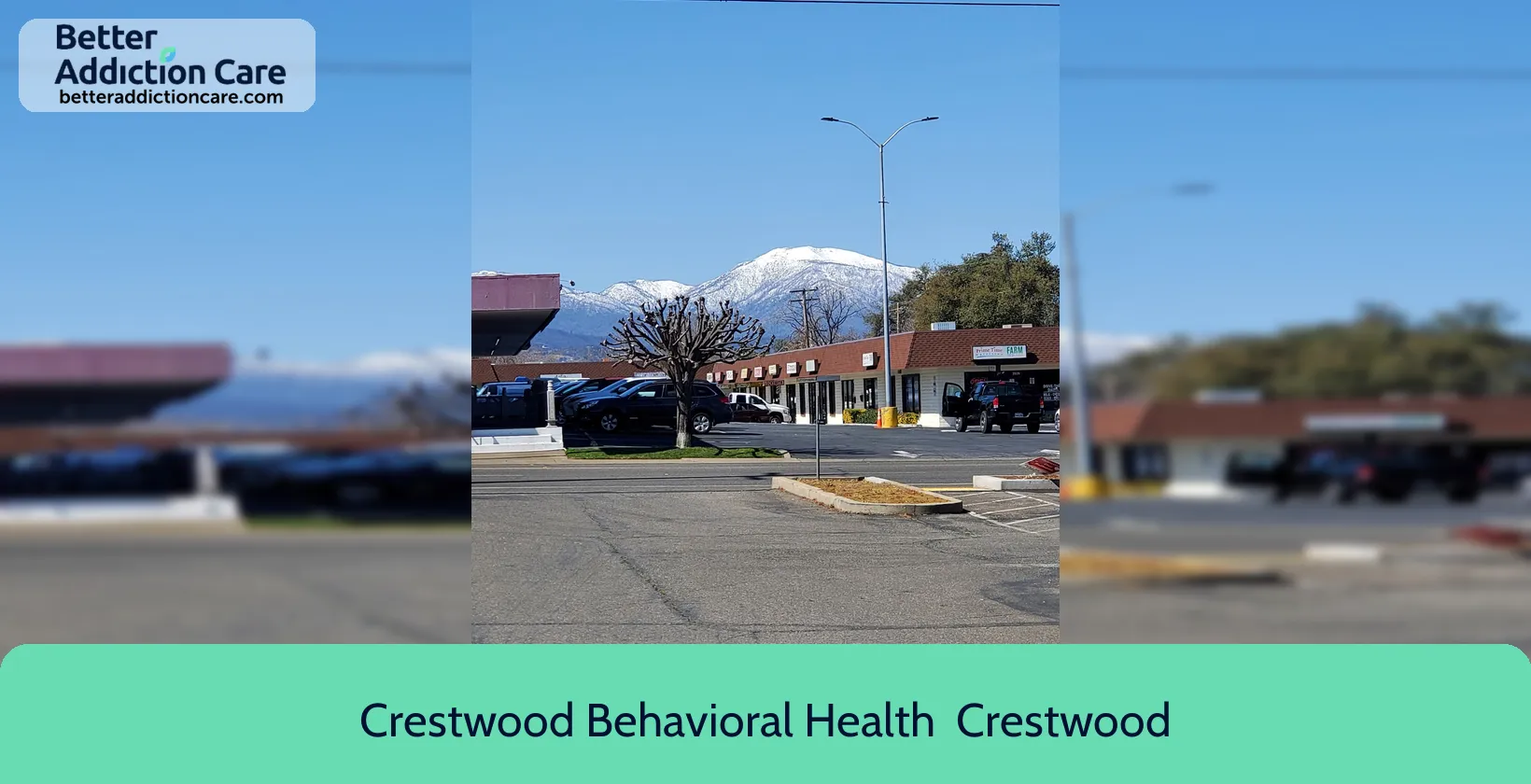
6.65

6.65
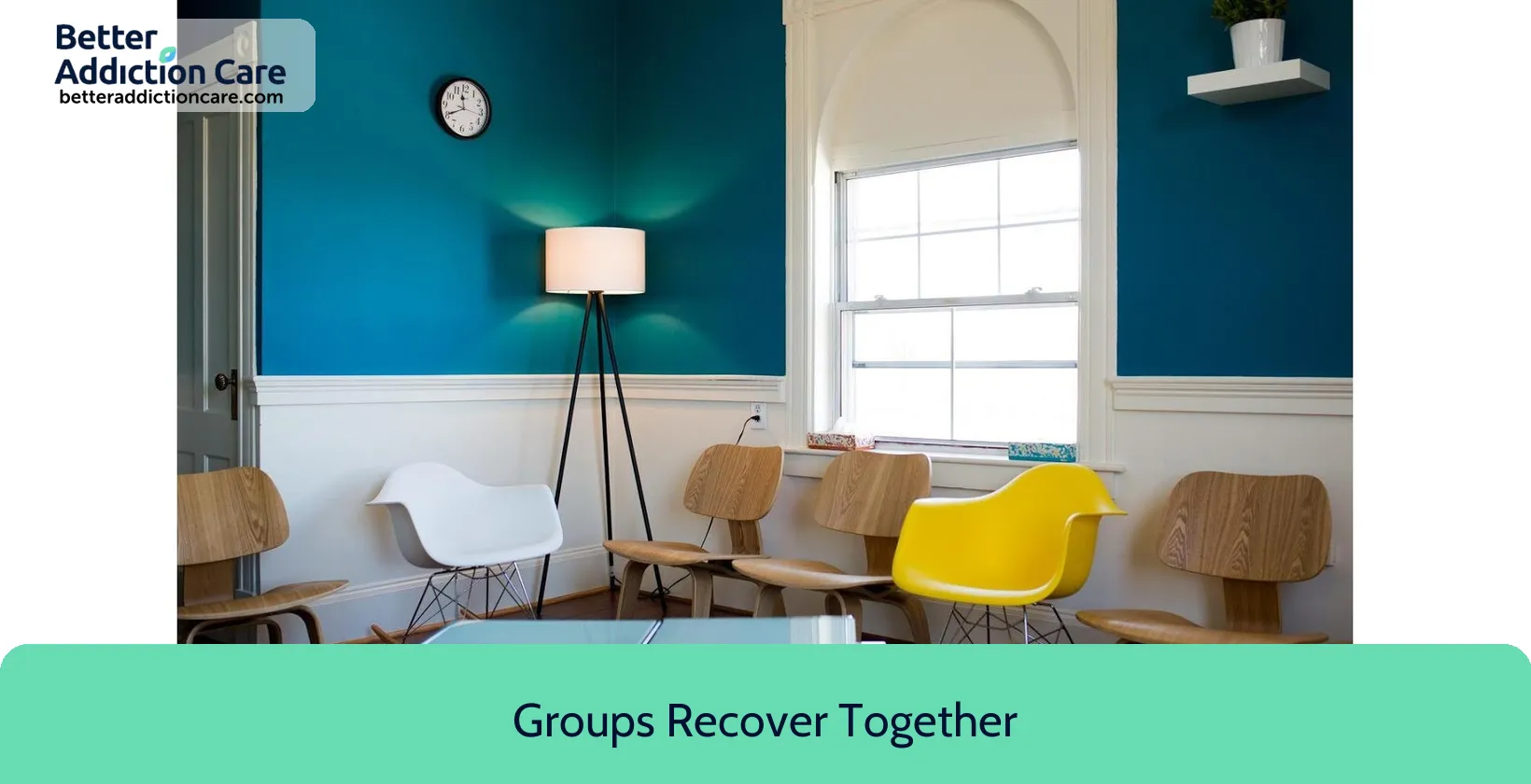
6.78
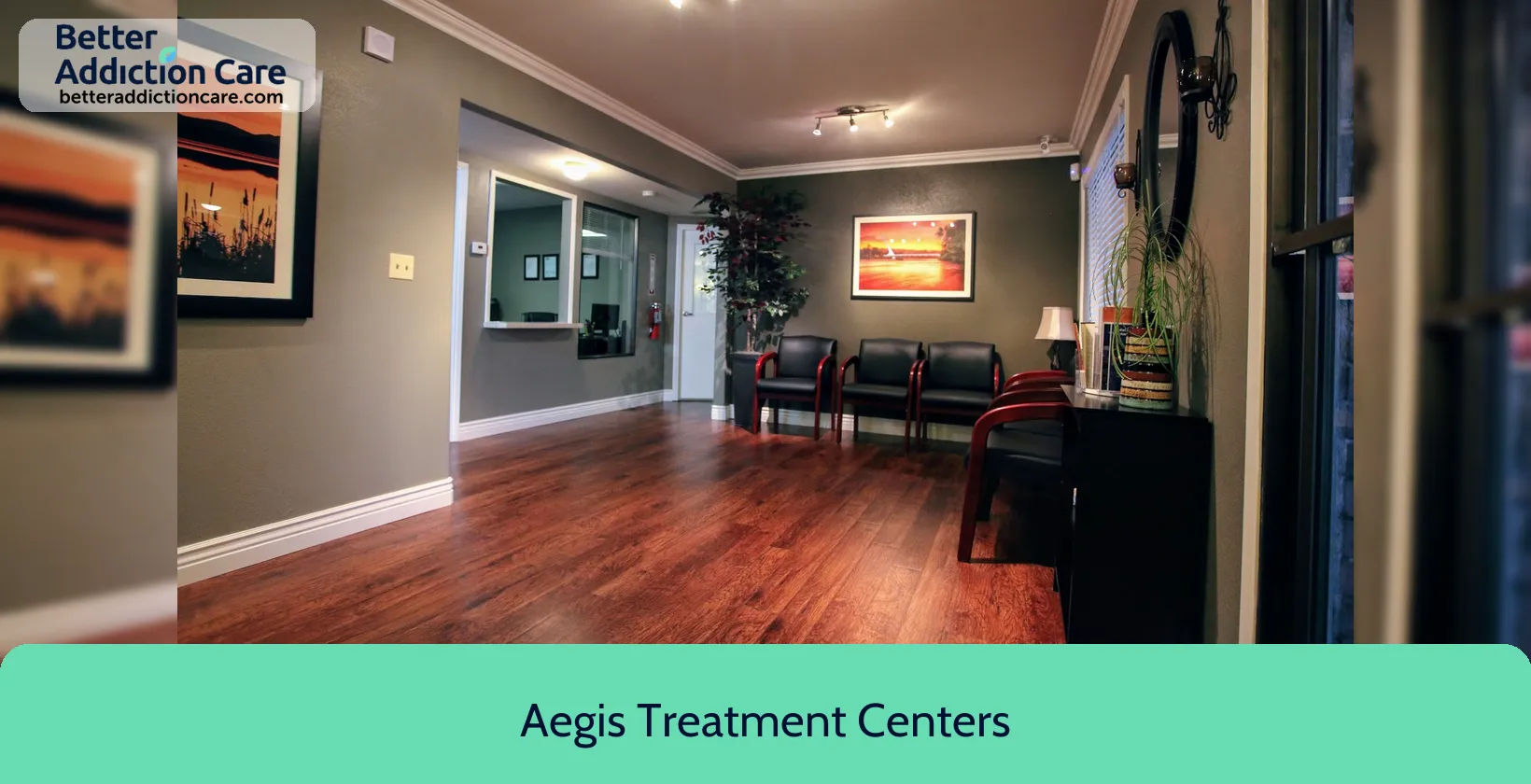
7.30
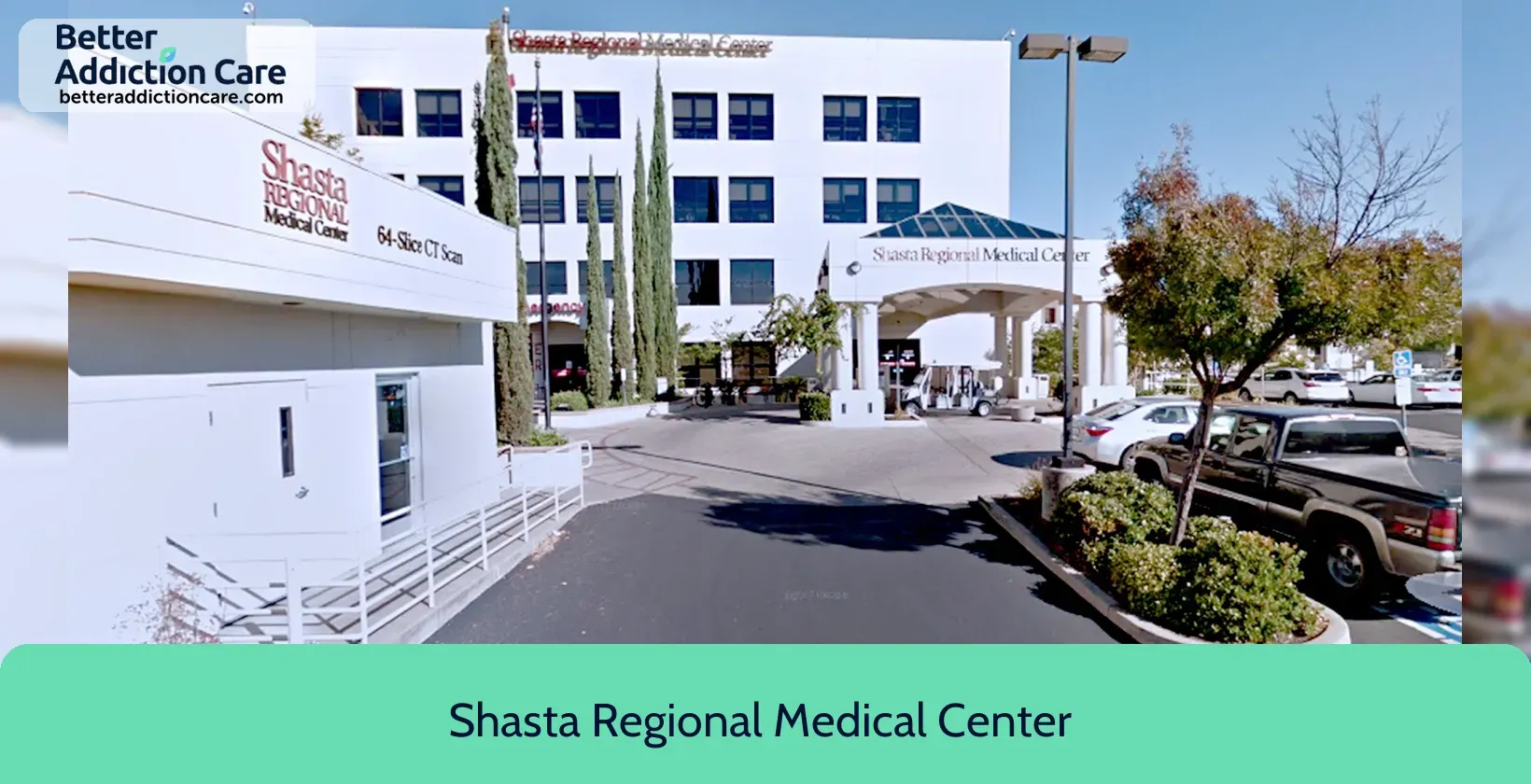
6.65
DISCLAIMER: The facility name, logo and brand are the property and registered trademarks of Shasta Regional Medical Center - Center for Behavioral Health, and are being used for identification and informational purposes only. Use of these names, logos and brands shall not imply endorsement. BetterAddictionCare.com is not affiliated with or sponsored by Shasta Regional Medical Center - Center for Behavioral Health.
